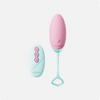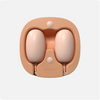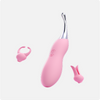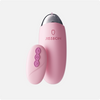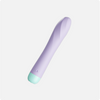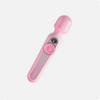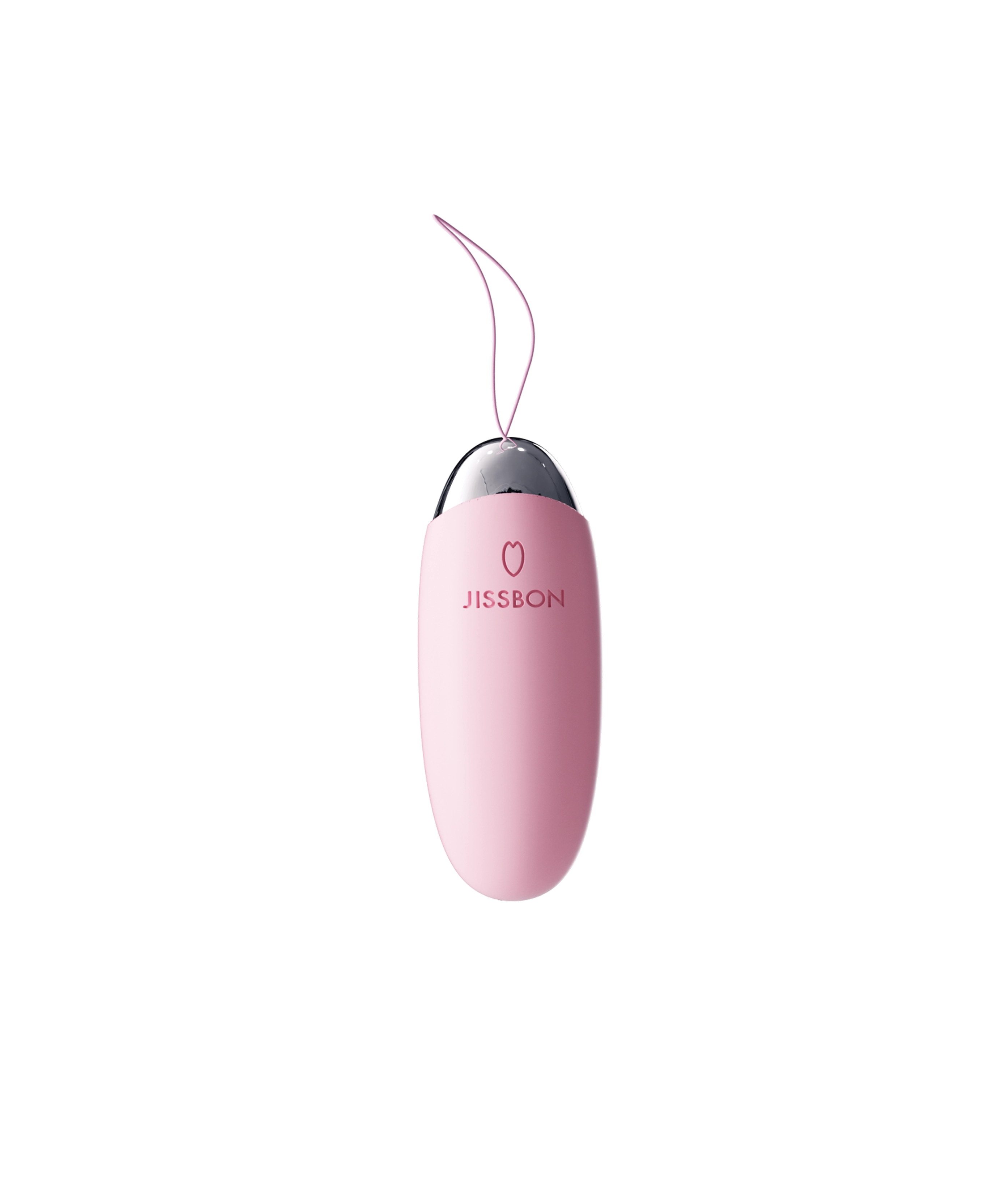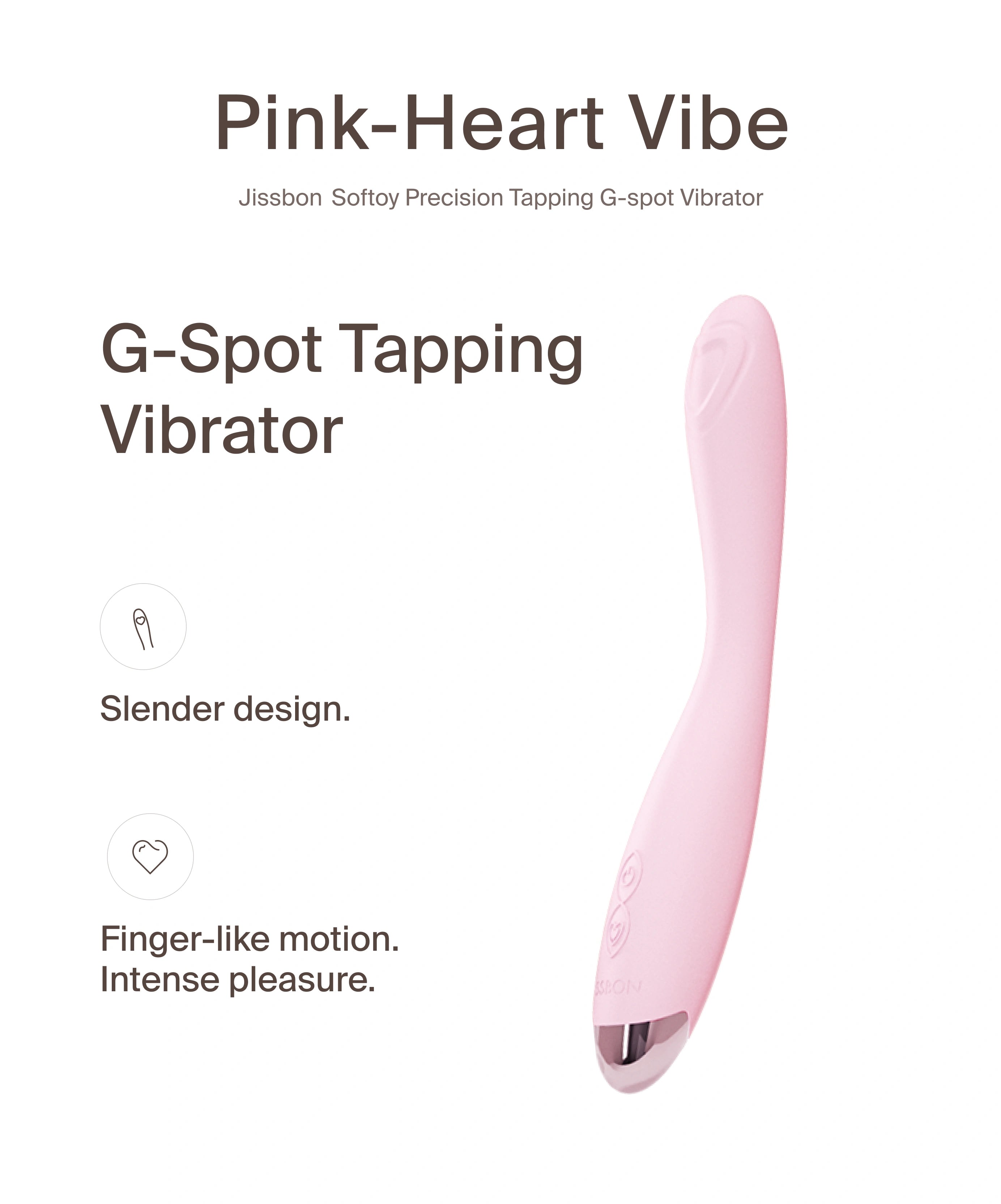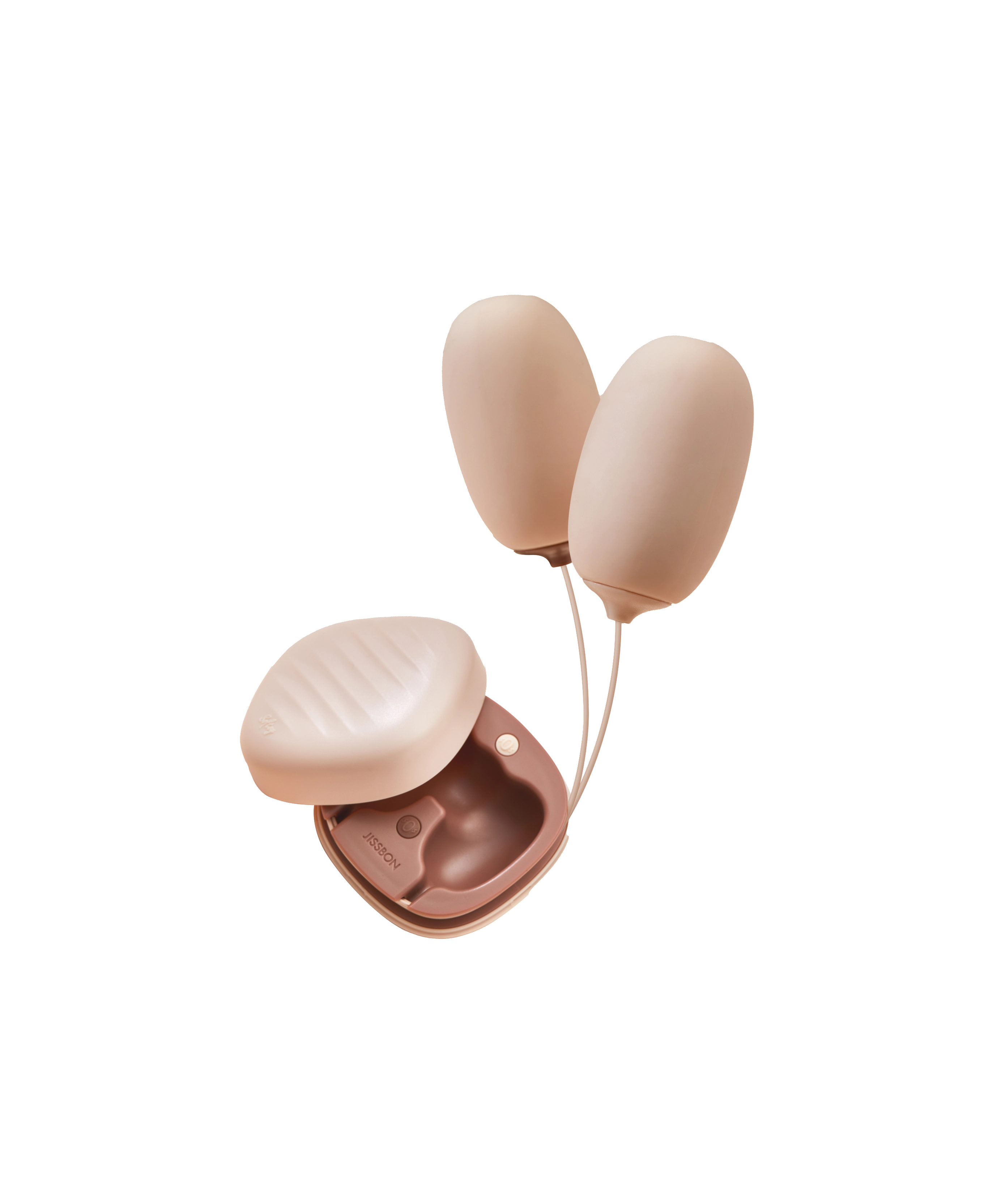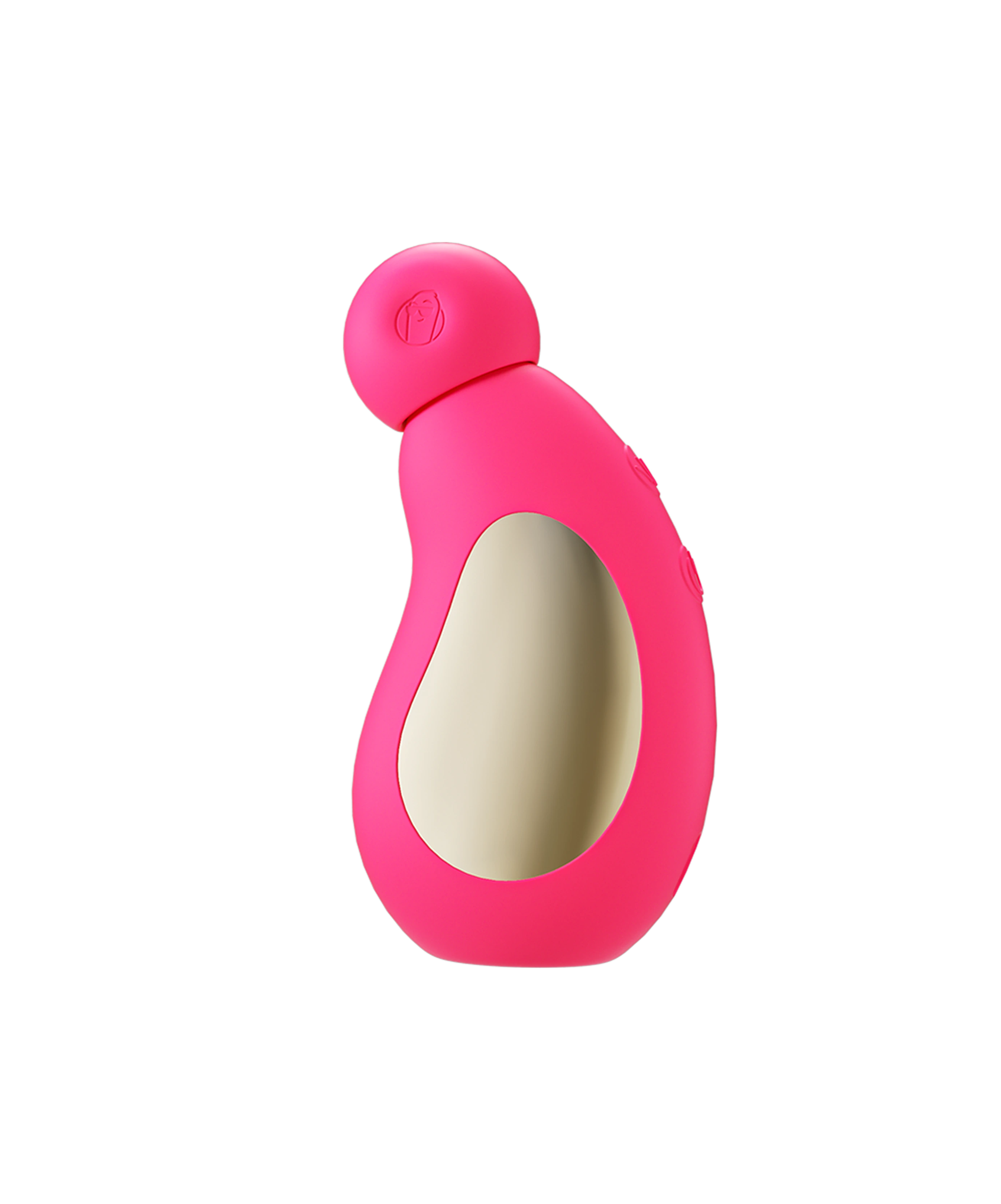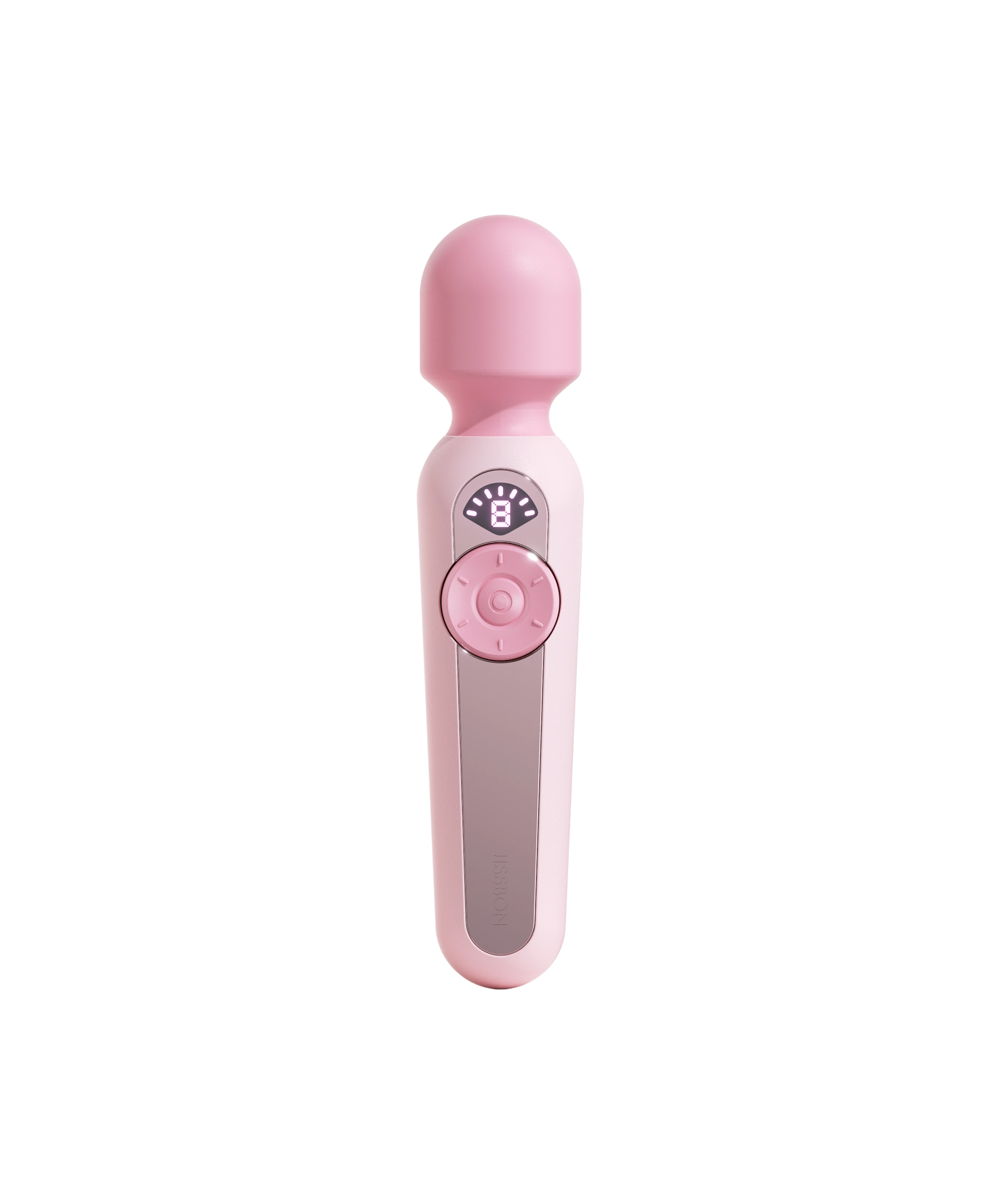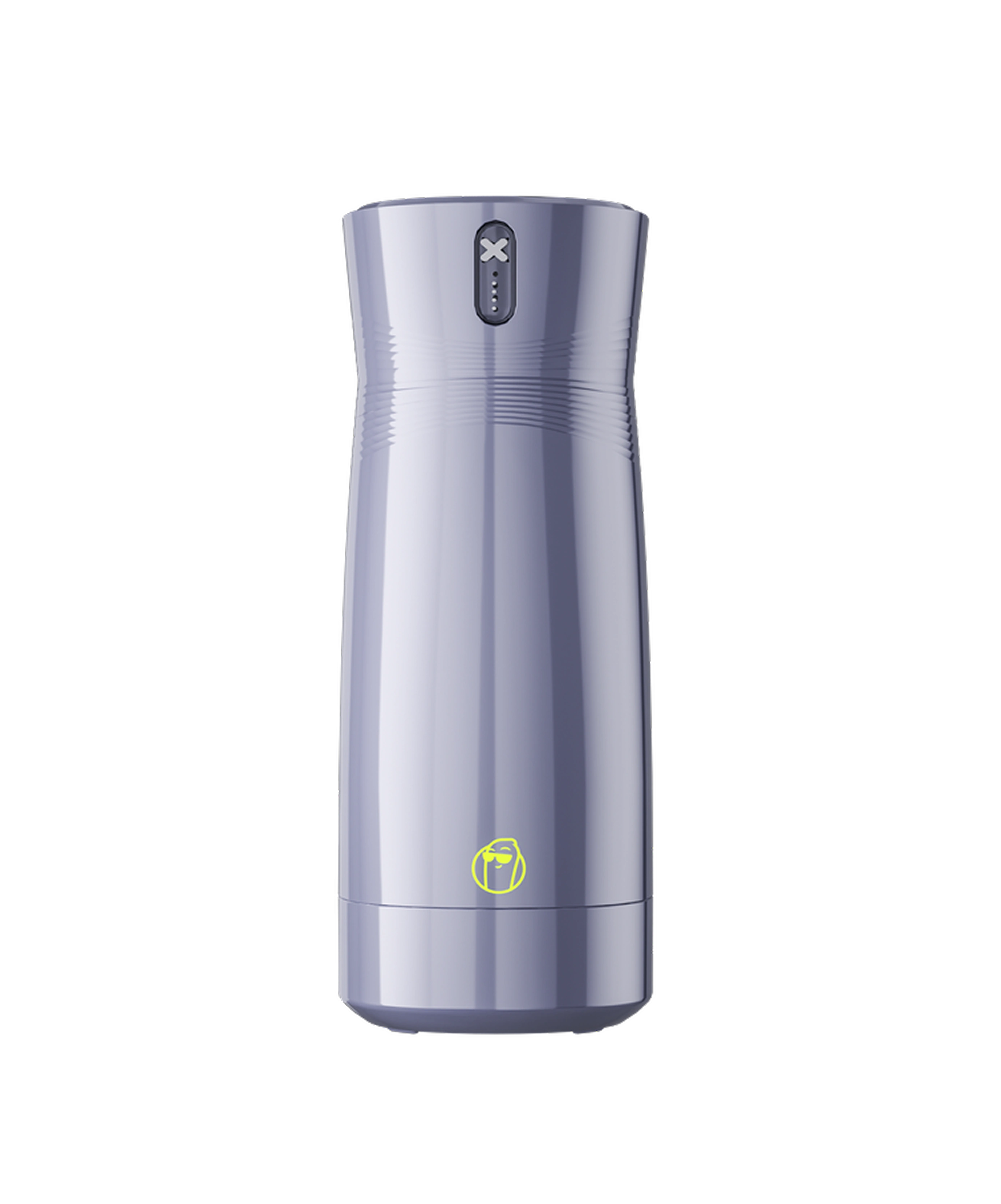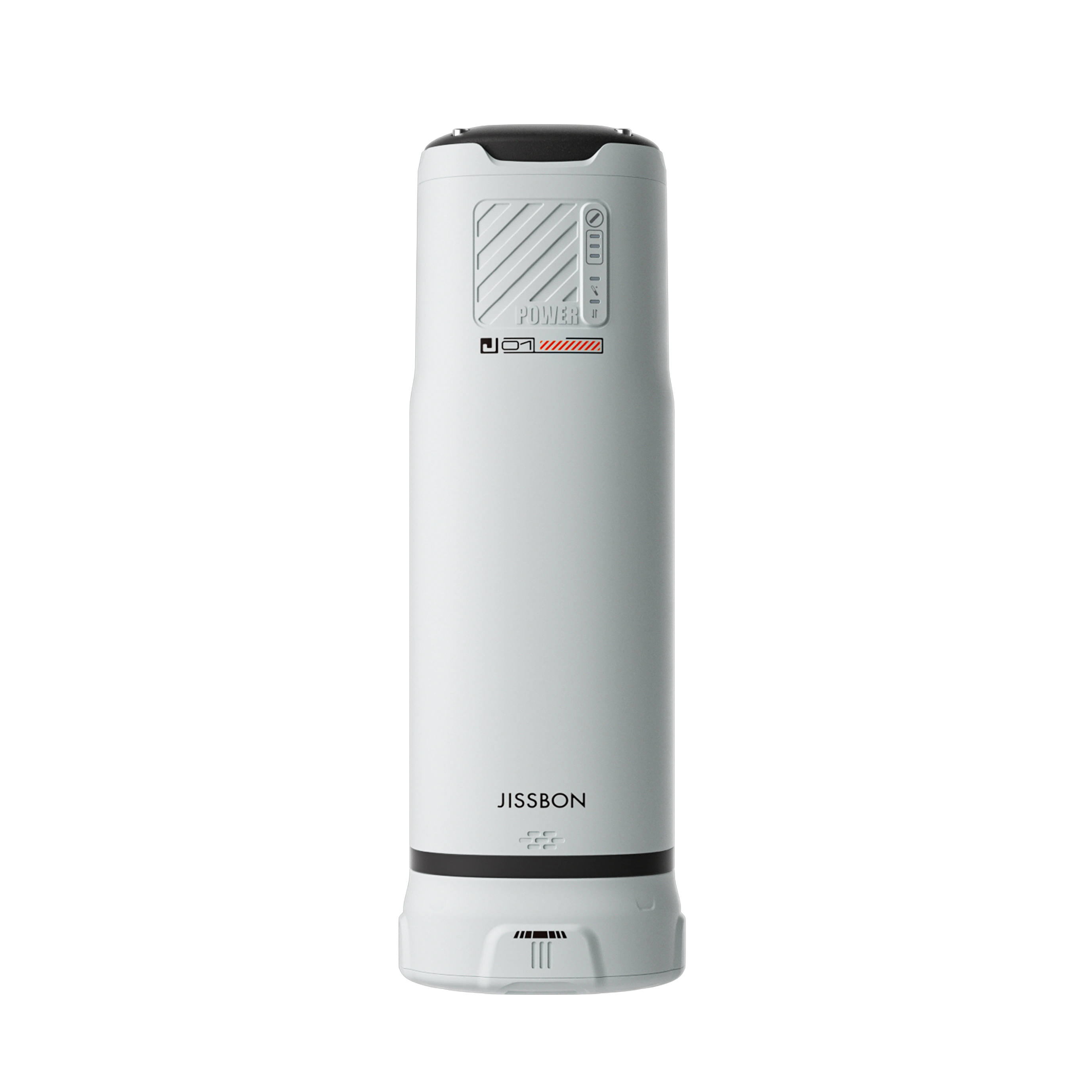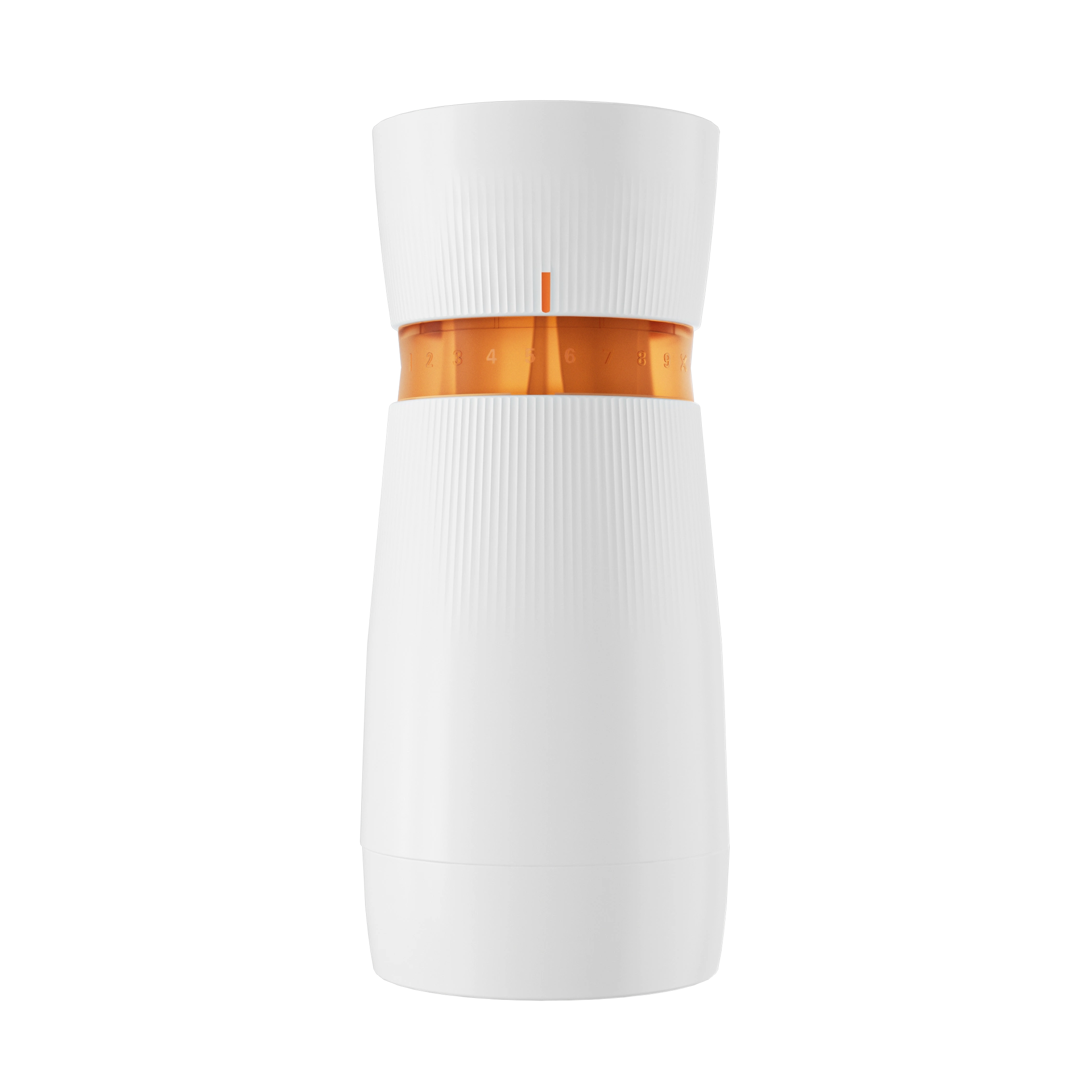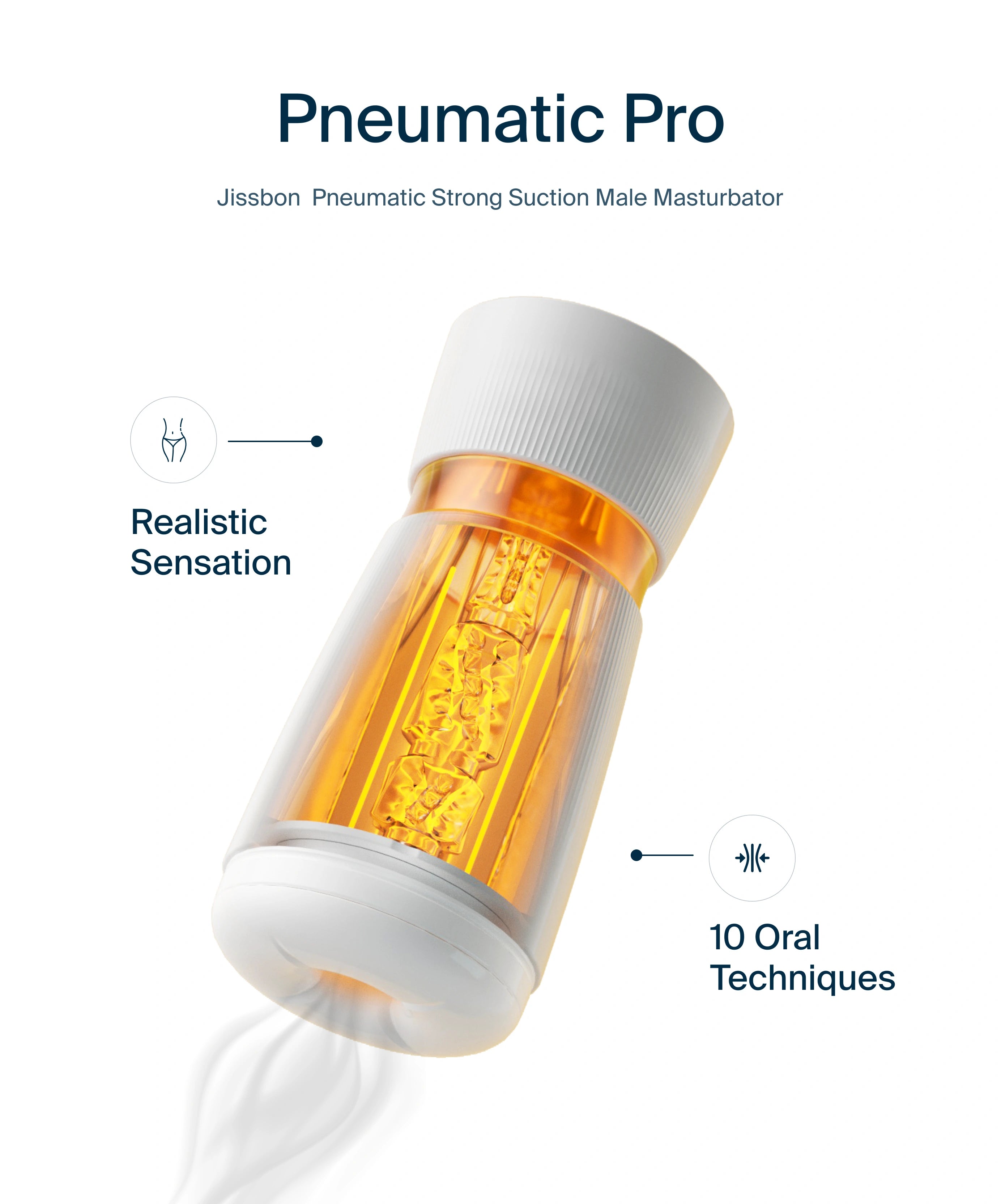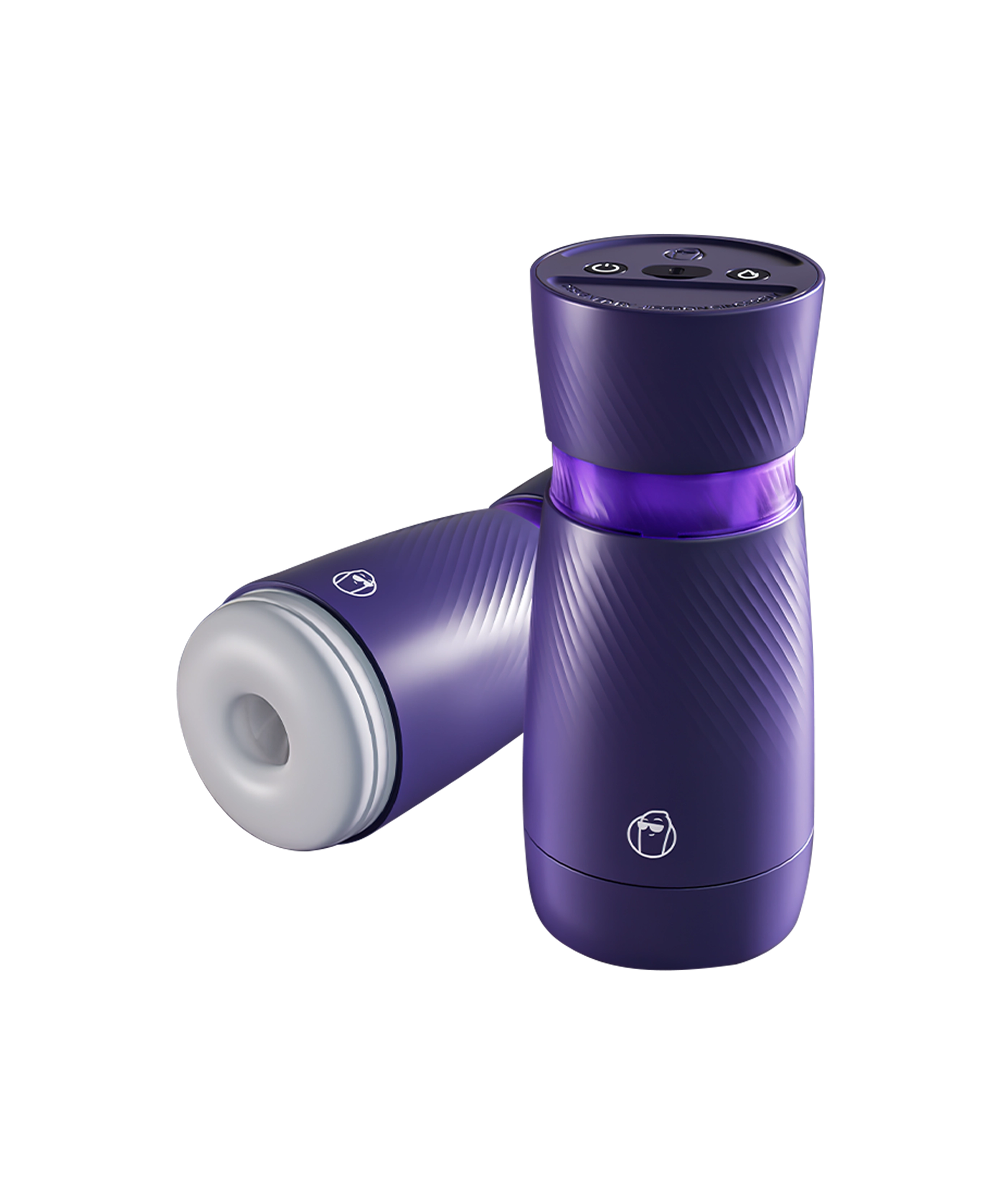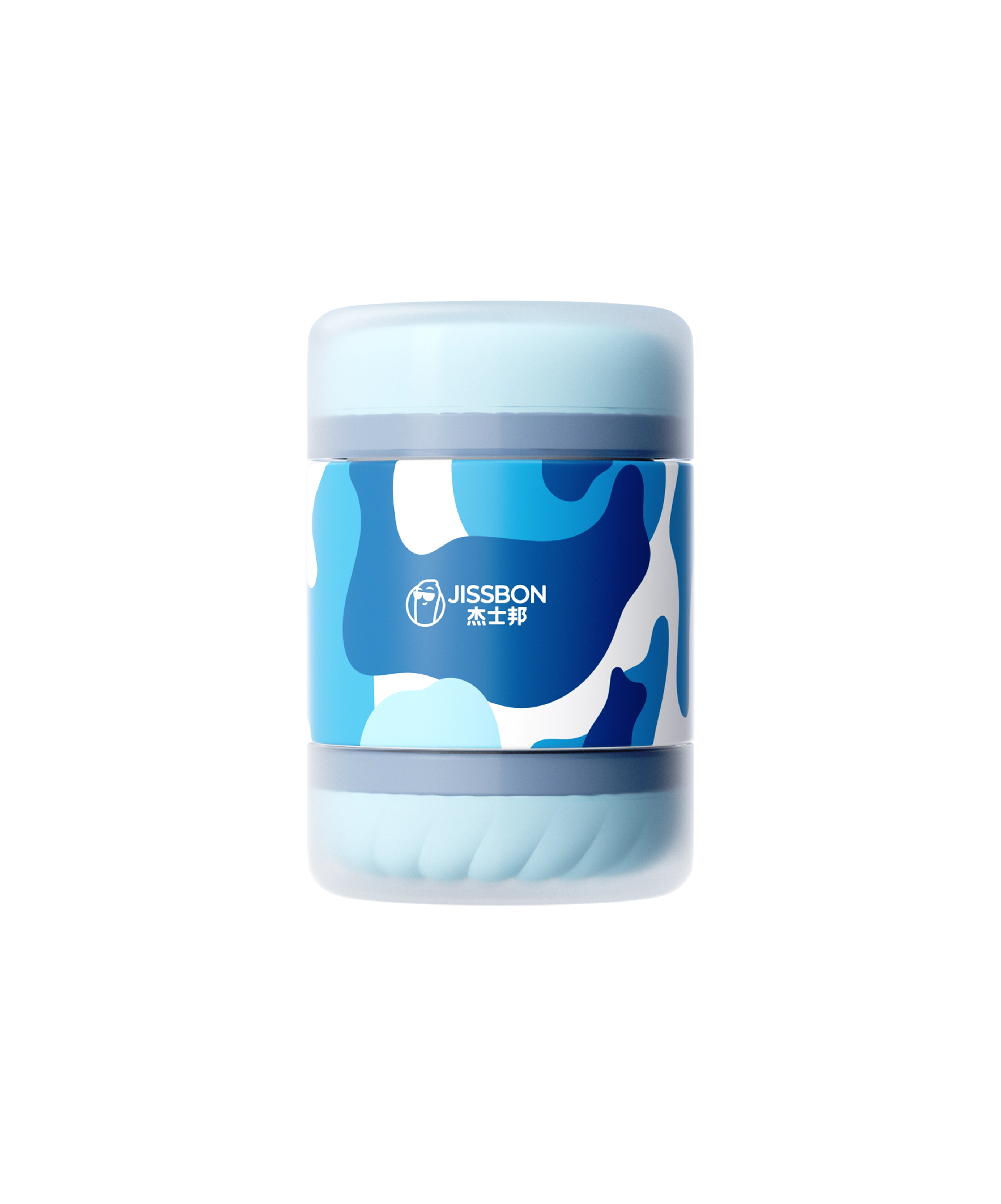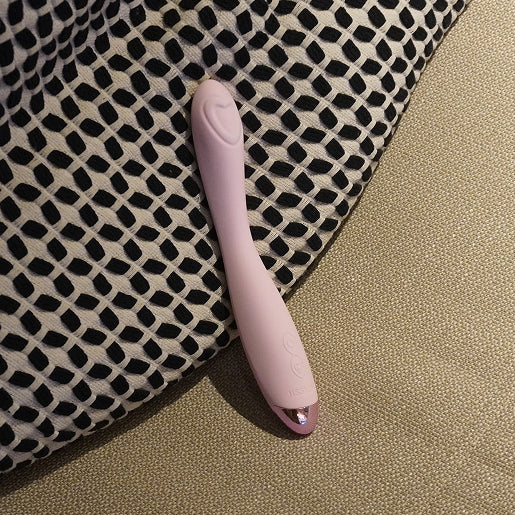At what age do most people have sex for the first time? If you’ve ever asked this, you’re far from alone. Whether you're feeling “behind,” curious about norms, or simply reflecting on your own timeline, it's completely normal to wonder when others start or peak in their sexual lives.
Across different countries and cultures, there’s no universal “right age,” but global data reveals surprising patterns about when intimacy begins and how it evolves over time.
In fact, according to the
CDC’s Youth Risk Behavior Surveillance, the average age for first-time heterosexual intercourse in the U.S. hovers around 17 though readiness varies dramatically between individuals.
Global Averages: When Do Most People Have Sex for the First Time?
What age do most people have sex for the first time? It’s a question rooted in curiosity, comparison, and sometimes concern. While there's no single "correct" age, global and national surveys provide insight into when sexual activity typically begins.
Across many Western countries, including the United States, the
average age of first sexual intercourse is around 17, according to the
CDC Youth Risk Behavior Surveillance. In the UK, it’s 16, aligning with their age of consent.
Scandinavian countries show similar patterns, often tied to progressive sex education and access to contraception. In contrast, some cultures particularly those with strong religious or conservative norms report much later averages or discourage reporting altogether.
A key takeaway from sociological studies is that gender, education level, urban vs. rural residence, and relationship status all significantly impact first-time age. For instance, people in long-term relationships or with greater access to sexual health education tend to initiate sex slightly later but report more positive experiences.
-
If you're approaching your first time, prioritize safety: use condoms, communicate clearly, and make sure it’s consensual on all sides.
-
Don’t rush to "catch up" with others. Emotional readiness is more important than any number.
What Age Do People Have the Most Sex?
What age do people have the most sex? While many assume it's during the carefree college years, research suggests a more nuanced answer. Statistically, people tend to have the most frequent sex in their mid-to-late 20s and early 30s, a period often marked by physical vitality, relationship stability, and fewer responsibilities than later adult life.
According to a large-scale study published in the Archives of Sexual Behavior, people aged 25 to 34 report the highest frequency, averaging about 86 times per year or roughly 1.6 times a week. Interestingly, frequency begins to decline slightly after the mid-30s, not due to waning interest, but often due to factors like parenting, work stress, or health changes.
That said, individuals in their 40s, 50s, and beyond often report better quality sex, thanks to experience, communication, and emotional intimacy.
In long-term relationships, sexual frequency also depends on
relationship satisfaction, health status, and lifestyle habits. Those who maintain open dialogue, prioritize physical touch, and engage in novelty (like
toys, roleplay, or wellness-focused products) often extend their peak well into later decades.
Tips to Maximize Your Sexual Prime:
-
Use toys designed for partnered play to boost excitement and connection.
-
Don’t be afraid to initiate conversations about preferences and desires.
-
Explore products that enhance sensation or help counter dryness and stress-related libido dips.
Is There a “Right Age” to Start Having Sex?
What age should you have sex? The truth is, there’s no universally “right” age only the right moment for you. While surveys and social norms often point to averages, the decision to become sexually active is deeply personal and should never be dictated by peer pressure, media, or arbitrary timelines.
Sex educators and mental health experts agree: readiness is about emotional maturity, informed consent, and mutual respect, not just age. In the U.S., the legal age of consent varies by state (typically between 16 and 18), but legality doesn’t always equal emotional preparedness. What's more important is that both parties understand what sex involves physically, emotionally, and relationally.
-
Feel comfortable setting boundaries
-
Can talk openly with your partner
-
Understand contraception and STI prevention
-
Know it’s okay to say “no” or change your mind
Important Reminder:
There’s no prize for starting early, and no shame in waiting. Whether you're 16 or 36, what matters most is that your decision is informed, consensual, and aligned with your values.
Tips to Support Your Readiness:
-
Learn about safer sex and protection methods before starting
-
Practice honest conversations with partners
-
Choose a supportive, pressure-free environment for your first time
How Sexual Activity Changes Over Time
While the average age to have sex for the first time tends to fall around 17–18 years old in many Western countries, sexual activity evolves significantly as we move through different life stages. Frequency, desire, and emotional meaning all shift based on age, lifestyle, and relationship context.
Teens & Early 20s (Exploration & Experimentation)
This stage often involves first-time experiences, driven by curiosity, hormones, and social influences. People in this age group may prioritize novelty, but often lack experience with communication and emotional intimacy. According to CDC data, nearly 55% of U.S. teens have had sex by age 18.
Late 20s to 30s (Peak Frequency)
As noted earlier, 25–34-year-olds report the highest frequency of sex. These years are often associated with committed relationships, sexual confidence, and physical peak. Many establish long-term partners, experiment with toys, and prioritize mutual pleasure.
40s to 50s (Quality Over Quantity)
Sex may occur less frequently, but is often described as more satisfying and emotionally connected. Many report deeper understanding of their needs and improved communication. Hormonal shifts (menopause, testosterone changes) may influence desire or comfort levels but products like lubes, suction toys, and massage tools can help maintain intimacy.
60s and Beyond (Intimacy Redefined)
Contrary to outdated myths, many people remain sexually active well into their senior years. While physical changes may require adaptation, emotional closeness, sensual touch, and companionship often become more central. Studies from AARP and the Kinsey Institute show that desire doesn’t simply vanish it transforms.
-
Revisit what intimacy means to you over time
-
Communicate openly about changes in comfort or preferences
-
Use tools ( lube, massagers) to support evolving needs
Expert Tips for First-Time or Returning Adults
Whether you're preparing for your first sexual experience or stepping back into intimacy after a break, the foundation is the same: education, communication, and safety. A fulfilling sex life starts with knowing your body, respecting your boundaries, and protecting your health.
1. Use Protection Every Time
Condoms remain the most accessible form of protection against both pregnancy and STIs. Even in long-term relationships, getting tested together before going condom-free is a smart, trust-building step. Internal condoms and dental dams are also great options for all genders and orientations.
2. Get Regular STI Screenings
Routine STI testing should be a normal part of your wellness routine, not a source of shame. Clinics like Planned Parenthood, student health centers, and LGBTQ+ centers offer accessible, often low-cost testing. Knowing your status helps protect yourself and your partners.
3. Prioritize Open Communication
Clear, kind communication isn’t just sexy it’s essential. Talk with your partner about boundaries, turn-ons, deal-breakers, and contraception. Don’t assume ask. If it feels awkward, that’s okay; confidence builds over time.
4. Go at Your Own Pace
There’s no “normal” speed for intimacy. If you're nervous, slow things down. Exploring solo first can also help increase comfort. Tools like
beginner-friendly vibrators or lubes can gently introduce you to physical sensation without pressure.
5. Prep for Comfort and Confidence
Use
water-based or warming lubricants to ease friction and enhance sensation especially if you’re experiencing dryness or anxiety. For a supportive intro product, consider
Jissbon Pink Whale Wand Vibrator, which combines gentle warmth with ergonomic design.
How Age Affects Lubrication & Pleasure
As we age, the body’s natural responses especially arousal-linked lubrication can change. Whether due to hormonal shifts, stress, childbirth, menopause, or simply time, many people experience vaginal dryness or reduced sensitivity at some point in life. But that doesn’t mean pleasure has to decline.
Why Lubrication Changes With Age
In younger bodies, arousal often stimulates natural lubrication quickly. But by the 30s and 40s, estrogen levels begin to dip, sometimes making it harder to stay comfortably lubricated. Postpartum or menopausal individuals may also notice increased dryness or delayed arousal. For men, decreased blood flow can affect erection quality, which also impacts pleasure dynamics in partnered sex.
The Role of Warming Lubes in Enhancing Pleasure
This is where warming lubricants shine. Unlike standard lubes, they offer a gentle heat sensation that mimics natural body warmth, increasing blood flow and heightening sensation.
They’re especially helpful for those who struggle with sensation drop-off or prefer a more "natural feel."
According to
Get Maude’s warming lube guide, these lubes work through
body-safe warming agents that activate upon touch or motion. They’re ideal for solo or partnered play and pair well with temperature-friendly vibrators or suction toys.
How to Warm Up Lube (Literally)
-
Rub between your hands for 10–20 seconds
-
Place the bottle in a bowl of warm water for a minute
-
Choose warming lubes with natural ingredients and no menthol or parabens
-
Apply a small amount first to test sensitivity
When to Talk to a Sex Therapist or Health Provider
Sex should never feel painful, shameful, or frightening. If you're experiencing discomfort, trauma responses, or persistent anxiety around intimacy, a certified sex therapist or healthcare provider can offer safe, confidential support tailored to your needs.
-
Feel emotional distress during or after sex
-
Experience persistent pain or lack of arousal
-
Are processing sexual trauma or body dysphoria
-
Notice health-related changes in libido ( due to antidepressants, hormonal shifts, chronic conditions)
Frequently Asked Questions
What’s the youngest legal age to have sex?
In the U.S., the age of consent ranges from 16 to 18, depending on the state. Always check your local laws before becoming sexually active.
Is 30 too late to start having sex?
Absolutely not. Many people begin their sexual journey in their 30s or later and often with more self-awareness and confidence than in their teens.
Can sex life improve with age?
Yes. While frequency may change, quality, intimacy, and emotional connection often improve as communication skills, trust, and body understanding deepen.
Does frequency decline with age?
Conclusion: Your Timeline, Your Choice
There’s no universal “right” age for sex only your right age, when your mind, body, and emotions are fully aligned. From first times in your teens to rediscovering intimacy in your 40s, sexual expression is deeply personal and ever-evolving.
By grounding your experiences in safety, consent, education, and self-compassion, you create space for confidence and connection at any age.







